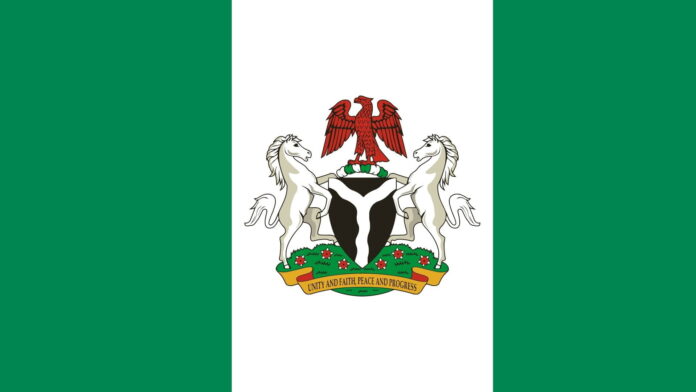Over the weekend, the Nigerian Government unveiled a transformative agricultural initiative aimed at empowering internally displaced persons (IDPs), known as the Renewed Hope Agricultural Empowerment Project for Internally Displaced Persons (REHAEPI). The launch took place in Loko, Nasarawa State, with plans to support 1,000 IDPs in its initial phase.
At the launch, Tijani Ahmed, the Federal Commissioner of the National Commission for Refugees, Migrants, and Internally Displaced Persons (NCFRMI), expressed concern over the escalating issue of internal displacement in Nigeria, attributing it to the nation’s growing population, resource competition, climate change, and ongoing conflicts and insecurity. He noted that as of June 2024, Nigeria is home to approximately 6 million IDPs.
Ahmed stated, “Aligned with President Tinubu’s Renewed Hope Agenda, which aims to assist farmers through a comprehensive agricultural policy that boosts productivity and ensures fair incomes, REHAEPI is designed to empower IDPs with sustainable agricultural practices across the country.

This initiative aims to enhance food security, boost economic stability, and improve the overall well-being of IDP communities, fostering self-sufficiency and resilience.”
The project will enable IDPs to retain a portion of their agricultural output for personal consumption, while the surplus will be sold to humanitarian organizations and the private sector, providing financial support to the displaced individuals.
“The first phase will engage 1,000 IDP farmers from Nasarawa, Borno, and Plateau States. Today marks the beginning of a groundbreaking initiative that aims to transform the circumstances of our resilient displaced populations, shifting them from despair to hope, productivity, and self-sufficiency,” Ahmed added.
He expressed confidence that this collaboration would enhance income generation and economic independence for IDP families through agricultural endeavors. “Beneficiaries will gain economic empowerment through skill development in agriculture, leading to better food security and nutrition.
This project is set to create sustainable livelihood opportunities for IDP women and youth, promoting long-term resilience and self-reliance,” he concluded.
The Commission is collaborating with the Federal Ministry of Agriculture and Food Security, traditional leaders, and the Nigeria Security and Civil Defence Corps (NSCDC) to implement this initiative.
Senator Abubakar Kyari, the Minister for Agriculture and Food Security, highlighted the timely nature of the REHAEPI project, underscoring agriculture’s potential to serve as a crucial lifeline for vulnerable groups. “By equipping IDPs with the essential skills, resources, and support, we can assist them in rebuilding their lives and contributing to the nation’s overall development.
This project exemplifies our commitment to addressing the challenges faced by IDPs and facilitating their productive integration back into society,” he stated.




